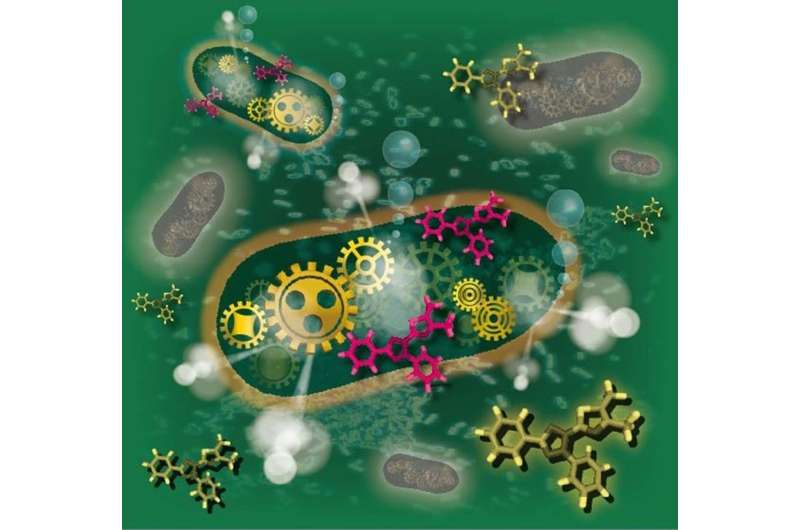New technology speeds up bacterial testing in food

It is said that there is waste in haste, but researchers from Osaka Metropolitan University have proven that doing things rapidly does not necessarily mean working ineffectively. A research group led by Professor Hiroshi Shiigi at the Graduate School of Engineering, Osaka Metropolitan University has developed a technology that can rapidly and accurately determine the number of viable bacteria in food products electrochemically, using tetrazolium salt (MTT), a water-soluble molecule.
Their results were published in .
One of the most important assessment indicators for ensuring that food is free from contamination is the number of viable bacteria. However, conventional measurement methods take up to two days to yield results, and these results are only available after the food has been shipped from the factory—leading to potentially fatal consequences. Therefore, it is imperative to have a testing method that speeds up the process of identifying bacterial contamination before shipment.
The researchers have succeeded in drastically reducing the inspection time from two days to about one hour, regardless of the bacterial species.
"With this method, we can quickly measure the number of viable bacteria, allowing us to confirm the safety of food products before they leave the factory and to prevent food poisoning," Professor Shiigi explained. "This method does not require complicated operations or expensive equipment. Therefore, we will continue to optimize the measurement conditions and expect to see the development of a portable sensor in line with the development of research aimed at practical applications."
More information: Hikaru Ikeda et al, Evaluation of Bacterial Activity Based on the Electrochemical Properties of Tetrazolium Salts, Analytical Chemistry (2023).
Journal information: Analytical Chemistry
Provided by Osaka Metropolitan University



















